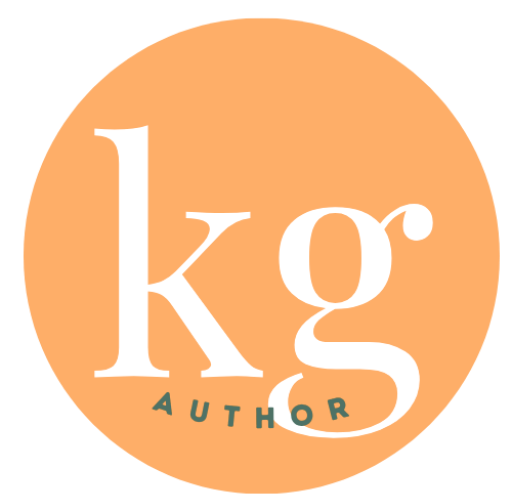Journaling a Book or a Story

The same guidelines for planning out an article apply to a nonfiction book. Like I said the other day, my book 25 Days of Thriving Through Christmas started with my own need, and then grew into a series of articles, and then into a book. If you want to write a nonfiction book, it’s a great idea to think of it as a process instead of something you can do in a day, a week, or even a year. The same applies to novels.
Get some education and encouragement
Obviously, these last two days of a month of journaling is only to get you started on your journey. If you plan to continue, let this be your springboard, not your landing. There are plenty of podcasts, articles, freebies, just waiting for you on the internet. Just a warning. Don’t get so caught up in learning everything that you never start. You have to start somewhere.
Several years ago, after teaching a novel writing curriculum to my son, my desire to write one was rekindled. As I watched the videos with him, did the assignments, and read the textbook, I had all sorts of ideas. I started by writing them down. I wove those together with places I had been (Poland), the orphanage my kids had lived in, a cause close to my heart -ending human trafficking. As my son did his work, I copied worksheets for myself and did the work alongside him. The point is – it’s okay to use resources and frameworks to get you started. I see so many people who want to write a book start it forty million times and never finish, not because they aren’t disciplined, but because they need help organizing. It’s okay to need help.
And the moral of the story is…
The phrase “the moral of the story” is one I used often when homeschooling my kiddos. It’s another way of saying, “What’s the theme of this book/story?” You must have a theme. Don’t believe people who say that some books have no moral or underlying message. Every book has a theme. It’s important to know your theme before you write. Here are some themes:
- Encouraging women
- Advocating for or against something such as human rights
- Instructional – such as writing self-help or a how to
- Overcoming – how the main character (or you) overcame difficulty
- The reluctant hero – A novel or nonfiction about a hero
This is a short list. You can find more including the common ones – man against man, man against nature, man against God, etc. with a simple google.
Your assignment today? Write a theme you would like to pursue. Go through your journal for some clues as to what you would like to pursue. Also, if you are serious about writing, check out some of the resources below.
Expect Opposition
One last warning. It’s pretty much a given. You make a pot of coffee, sit down on your couch or in your office with your laptop and your phone rings, your computer won’t start, the children need you or fill in the blank. Expect opposition and don’t give up. Opposition is not a sign that you shouldn’t write. It may be just the opposite. When I finally decided to write my first novel, after combatting some things were said to me about my writing ability, I sat down to work. And guess what? My computer died. Like deader than Marley in A Christmas Carol. I didn’t have the funds to buy a new computer so I pulled out a typewriter. I typed my whole first novel on it, plunking away every evening after I cleaned up from dinner. Take a minute right now and brainstorm some ways you can handle opposition. I don’t know what sorts of interruptions and opposition you face, you do. Think to yourself, if this happens, I will do this. Make a plan to run into roadblocks and then plan how to get around them! You can do this!
Some Resources
You are a Writer (so START acting like one) by Jeff Goins
Write His Answer by Marlene Bagnull
Joanna Penn has a podcast, freebies, including an author blueprint!
